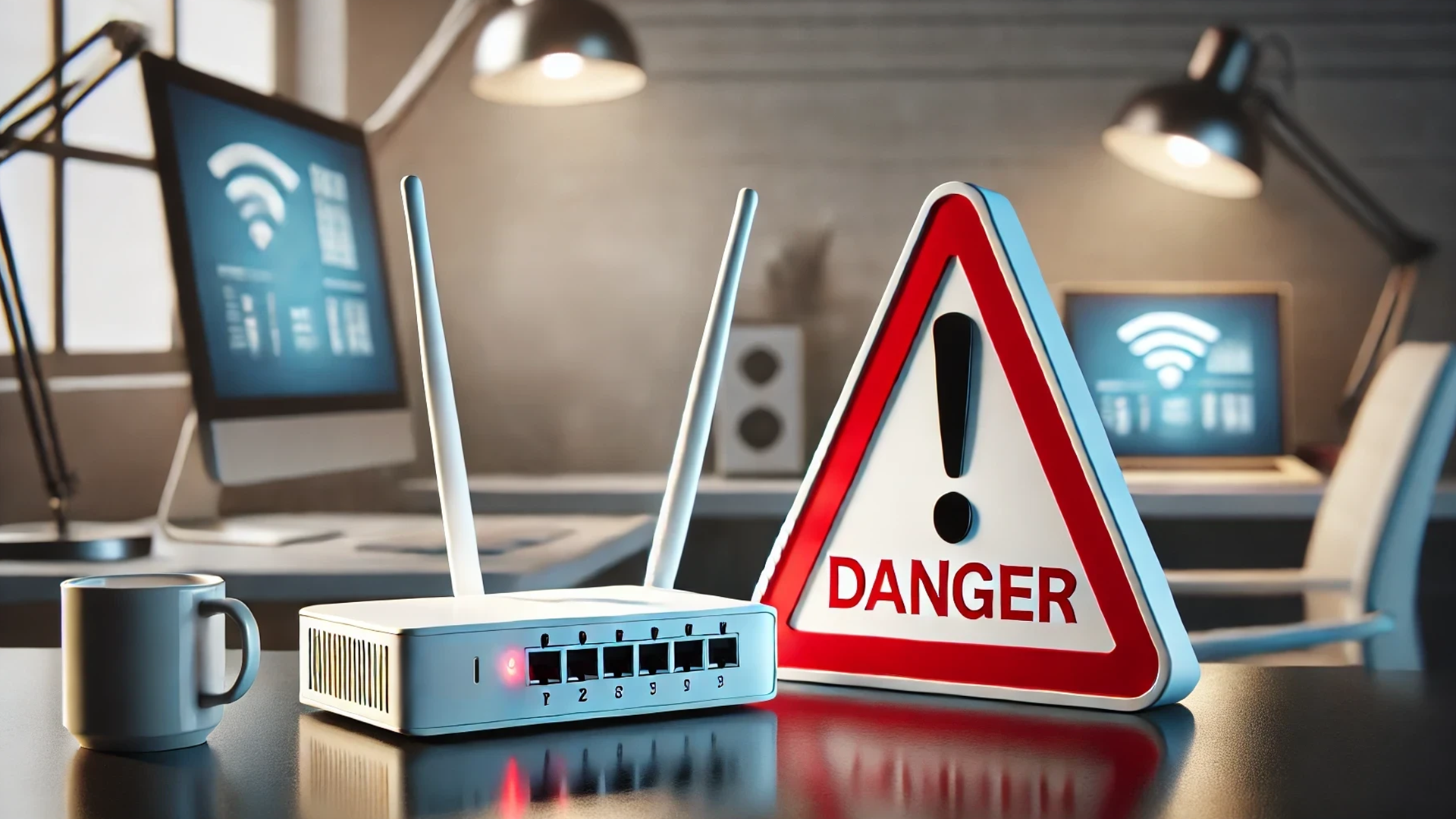
Thank you
Our team of industry domain experts combined with our guaranteed SLAs, our world class technology .


Get Immediate Help
In today’s digital landscape, enterprise WiFi security is more important than ever, especially in the fast-evolving business environment of Saudi Arabia. With companies depending heavily on wireless networks for daily operations, the risks associated with unsecured WiFi connections can be enormous. A lack of proper security can expose your enterprise to data breaches, cyberattacks, and business disruptions.
To mitigate these threats, enterprises must prioritise conducting regular WiFi security assessments. In this blog, we’ll explore the significance of strengthening Enterprise WiFi security in Saudi Arabia, and how robust security strategies can safeguard business operations.

Saudi Arabia’s rapid digital transformation has created a need for more reliable and secure wireless networks. With businesses adopting cloud technologies, IoT, and mobile platforms, the country’s enterprises are becoming more susceptible to cyber threats.
Inadequate security measures can make WiFi networks an easy target for hackers who exploit vulnerabilities to access sensitive business data. Threats like man-in-the-middle attacks, rogue access points, and WiFi eavesdropping have become common and can compromise the integrity of enterprise networks.
WiFi security assessments in Saudi Arabia help identify such risks and protect organisations from potential breaches. Assessments are critical for businesses in sectors like finance, healthcare, and manufacturing, where safeguarding sensitive data is crucial.

A WiFi security assessment is a detailed evaluation of the security posture of your enterprise's wireless network. This involves testing for vulnerabilities, reviewing security protocols, analysing access controls, and identifying potential entry points for attackers.
By conducting a comprehensive wireless network assessment, businesses in Saudi Arabia can:
- Identify weak spots in network defences
- Assess the strength of encryption protocols
- Evaluate the effectiveness of access control mechanisms
- Prevent unauthorised access to sensitive data
Assessments ensure that enterprises stay ahead of potential threats and are in compliance with local cybersecurity regulations. In Saudi Arabia, organisations are required to align with cybersecurity frameworks like the Saudi National Cybersecurity Authority (NCA), making regular security assessments an essential part of business strategy.

Understanding the types of risks that may arise in a corporate WiFi environment is key to enhancing protection. Some of the most common threats faced by enterprises include:
1. Rogue Access Points
Hackers often set up unauthorised access points that mimic the company’s network to intercept and steal data. Employees may unwittingly connect to these rogue points, allowing attackers to access sensitive information.
2. Man-in-the-Middle Attacks
This type of attack involves an attacker secretly intercepting and relaying communication between two parties. In WiFi networks, a man-in-the-middle attack can result in data theft, altered communications, and unauthorised access to company systems.
3. Weak Encryption
Many enterprises still use outdated encryption methods such as WEP, which are easily cracked by cybercriminals. Network security best practices advocate for using WPA3, the latest and most secure encryption standard, to safeguard wireless communications.
4. Poor Access Control
Without proper access control mechanisms, unauthorised devices can connect to the WiFi network. This opens the door to insider threats and external attacks, both of which can lead to data breaches and operational disruptions.
5. WiFi Eavesdropping
Hackers can intercept and capture the traffic traveling between devices on a wireless network. This can lead to data leakage and the exposure of sensitive company information.

To protect enterprise WiFi networks from potential risks, businesses must adopt a comprehensive approach to cybersecurity. Here are some enterprise cybersecurity strategies and best practices to enhance the security of WiFi networks:
1. Conduct Regular WiFi Security Assessments
By conducting frequent WiFi security assessments in Saudi Arabia, enterprises can continuously monitor and evaluate their wireless networks for potential vulnerabilities. This proactive approach allows companies to identify and address issues before they are exploited by cybercriminals.
2. Implement Strong Encryption Protocols
Transitioning to WPA3, the latest encryption protocol can significantly reduce the risk of unauthorised access. Strong encryption ensures that even if attackers intercept wireless traffic, they won’t be able to decrypt and misuse the data.
3. Enforce Strict Access Controls
Limiting access to the WiFi network to only authorised personnel and devices is crucial. Implementing multi-factor authentication (MFA) and setting up device-specific access controls can add an extra layer of protection against unauthorised access.
4. Use Network Segmentation
Segmenting the wireless network by creating separate zones for different departments and functions helps to limit the spread of cyberattacks. This can prevent hackers from accessing critical systems and data if they breach a less secure part of the network.
5. Monitor Network Traffic
Continuous monitoring of network traffic is essential for detecting suspicious activity in real time. WiFi security solutions in Saudi Arabia can help businesses track unusual patterns, detect potential intrusions, and take swift action to mitigate the risk.
6. Deploy a Secure Guest Network
Providing guests with access to a separate, secure WiFi network is a best practice to prevent unauthorised access to the main enterprise network. The guest network should be isolated from critical systems to avoid any potential security breaches.

As more enterprises migrate their operations to the cloud, integrating WiFi security and cloud security becomes imperative. A cloud-based approach to wireless network protection can enhance scalability and provide centralised management for multiple locations. By integrating cloud solutions, businesses can ensure that their WiFi networks are secured across different geographies and branches.
Cloud security solutions allow enterprises to monitor wireless networks from a single dashboard, applying updates and patches automatically to protect against emerging threats. Additionally, cloud-based WiFi security tools offer real-time analytics, giving companies insight into the health and performance of their wireless networks.
At Microminder CS, we understand the critical need for robust wireless security in Saudi Arabia’s fast-paced business environment. Our WiFi security assessments are designed to help enterprises identify vulnerabilities, fortify their networks, and ensure compliance with local regulations.
Our expert team provides tailored solutions that include:
- Comprehensive security assessments of enterprise WiFi networks
- Recommendations for securing wireless communications
- Encryption upgrades and access control implementations
- Ongoing network monitoring to detect and respond to threats
- Integration of cloud and on-premise WiFi security solutions
By partnering with Microminder CS, your business can ensure that its wireless networks are protected against evolving cyber threats and that you maintain operational efficiency in a secure digital environment.
Enterprise WiFi security is more than just a necessity; it’s a strategic investment in the future of your business. With the right security measures in place, enterprises in Saudi Arabia can enhance their wireless network protection, stay compliant with cybersecurity regulations, and safeguard sensitive business data. Conducting regular security assessments ensures that your network remains resilient against the ever-evolving threat landscape.
If your organisation is looking to strengthen its WiFi security posture, a detailed security assessment is the first step. With expert guidance and the right cybersecurity solutions, you can protect your enterprise from vulnerabilities and stay ahead of potential threats.
For more information on how we can help you secure your WiFi networks, contact Microminder CS today!
Don’t Let Cyber Attacks Ruin Your Business
Call
UK: +44 (0)20 3336 7200
KSA: +966 1351 81844
UAE: +971 454 01252
Contents
To keep up with innovation in IT & OT security, subscribe to our newsletter
Recent Posts
Penetration Testing | 10/11/2025
Cloud Security | 07/11/2025
Cybersecurity | 06/11/2025
What is enterprise WiFi security?
Enterprise WiFi security refers to the measures taken to protect wireless networks within a business environment. It involves implementing tools, protocols, and strategies to safeguard network access and data transmission from unauthorised access or cyberattacks.Why is WiFi security important for enterprises in Saudi Arabia?
With increasing cyber threats and reliance on wireless connectivity, securing enterprise WiFi networks is crucial to protect sensitive data, comply with local regulations, and maintain business continuity.What are common threats to enterprise WiFi security?
Common threats include unauthorised access, man-in-the-middle attacks, malware injections, rogue access points, and denial-of-service attacks. These can lead to data breaches, network downtime, and financial losses.What are the key components of an enterprise WiFi security strategy?
Key components include encryption, secure authentication, regular vulnerability assessments, intrusion detection systems, endpoint security, and a robust incident response plan.What role does encryption play in WiFi security?
Encryption ensures that data transmitted over the wireless network is secure and unreadable to unauthorised users. WPA3 is the latest encryption standard, providing enhanced security compared to previous versions like WPA2.